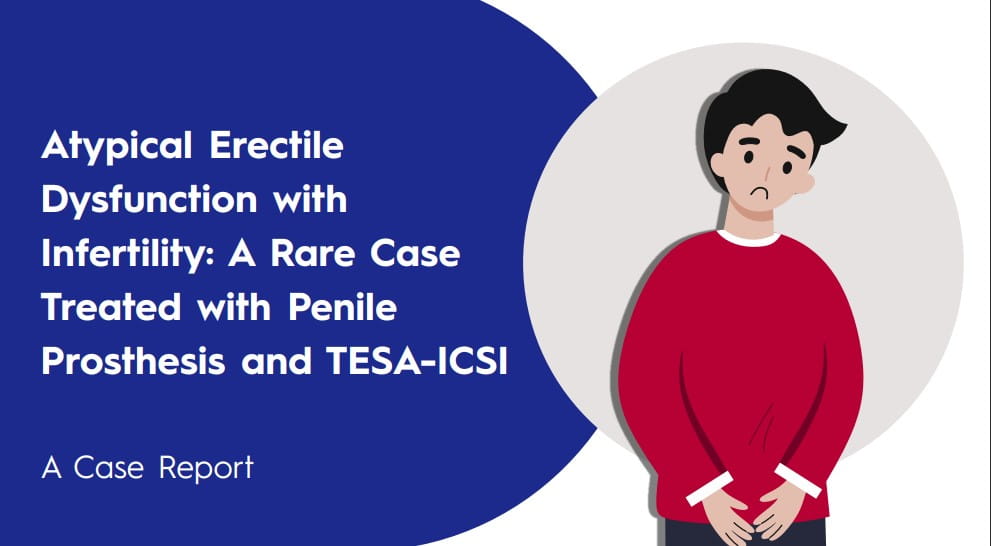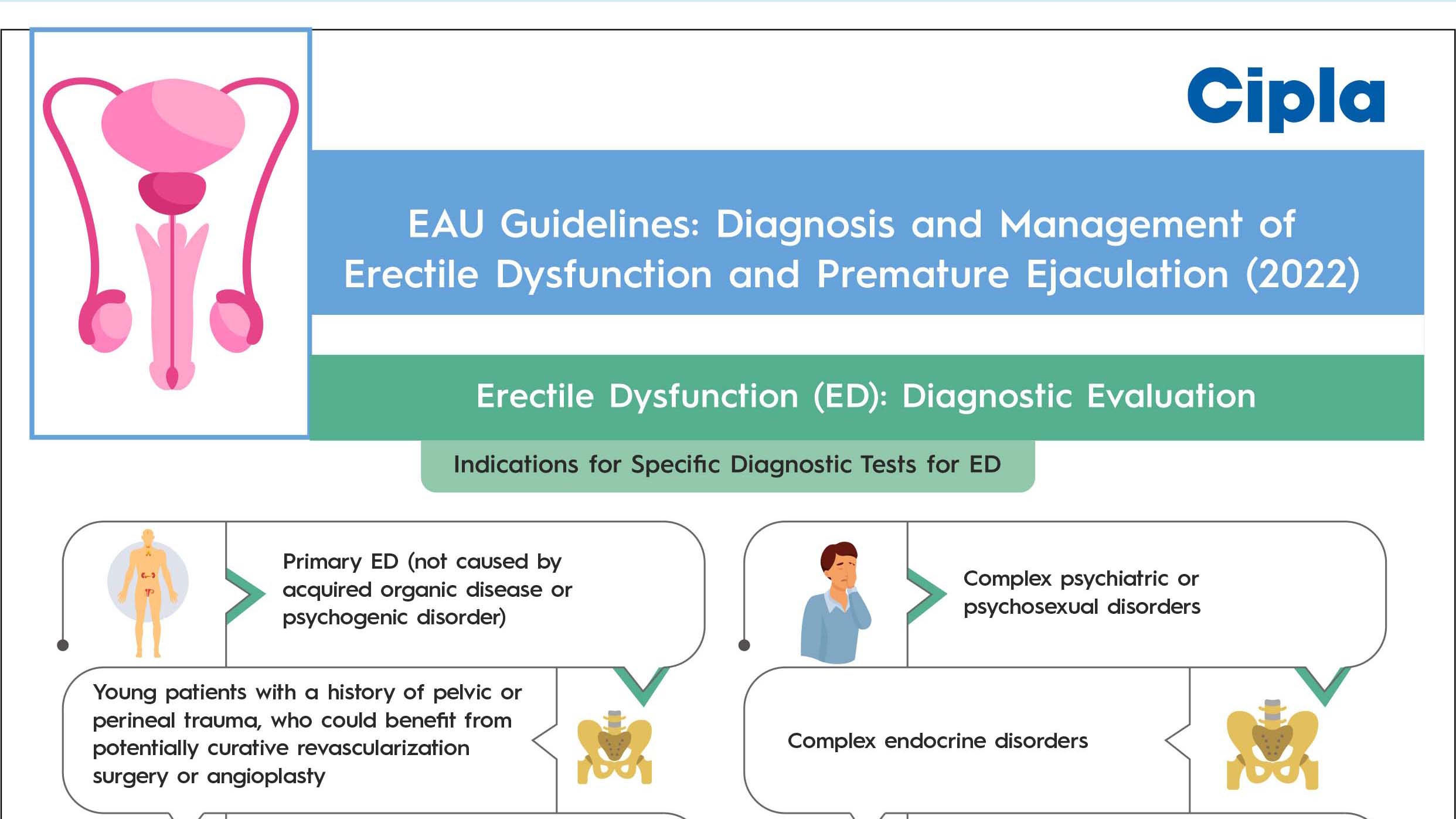EAU 2023: Andrology: Androgens, Comorbidities and Fertility
The session discusses on andrology, androgens, co-morbidities, and fertility. A castrated mouse model with diet induced metabolic changes was developed to assess the impact of age and gut microbiome on specific diet accelerator ABA event after a androgen deprivation therapy. The results concluded that older castrated mice were found to be more vulnerable to deleterious diet-induced metabolic effects and osteoporosis than young castrated mice. Antibiotics also prevented saturated-fat-diet induced obesity and osteoporosis in older castrated mice and specific gut microbial conditions enhance diet-induced bone loss in older castrated mice, suggesting diet and gut microbial modulation can be targets for preventing osteoporosis after castration in older men who received ADT.
A high prevalence of diabetes mellitus and excessive weight with low total testosterone levels and aging with free testosterone despite a normal total testosterone in patients presenting with erectile dysfunction has been found. The clinicians should be aware of diabetes and other patients when screening for male hypogonadism in patients presenting for erectile dysfunction. Moreover, in other patients, free testosterone should be measured or calculated. Late-onset hypogonadism may be associated with symptoms suggestive of mood deflection up to clinical depression and a study was carried out to determine the association between total testosterone (tT) levels and psychological well-being in a men cohort without symptoms of hypogonadism.
The study showed that in men not presenting with symptoms and signs defined as more specific for hypogonadism higher tT levels emerged to be associated with less probable psychological distress. In a study, it has been found that 1 in 2 patients with hypergonadotropic hypogonadism have high FSH/InhB ratio and these patients have lower testicular volume, lower testosterone levels, and higher rates non-obstructive azoospermia than those with FSH/InhB ratio and the higher FSH/InhB ratio are associated with more severe clinical presentation among men with hypergonadotropic hypogonadism.
Seminal vesicle testosterone may represent genitourinary testosterone and correlate with sexual function in prostate cancer and elevating genitourinary testosterone may be important for sexual function. Peyronie’s disease is associated with hypertension, increased levels of fasting glucose, serum total cholesterol and triglycerides and the findings from the study suggest that there is a potential correlation between Peryronie’s disease and metabolic syndrome.
Higher skin advanced glycation end products (AGEs) levels and lower blood antioxidative vitamin and carotenoid concentrations were found to be significantly associated with severe erectile dysfunction (ED) and Zeaxanthin might have the possible effects on ED by decreasing tissue AGEs levels. Long-term testosterone therapy (TTh) in men with functional hypogonadism improves urinary function and quality of life and on the other hand, urinary function and quality of life worsened in untreated control group. For those with hypogonadism, hormone manipulation can stimulate endogenous testosterone production, increasing the chances of spontaneous conception. The study showed that the considerable proportion of infertile men with normal sperm concentration evaluated by Gynaecologist were not properly evaluated and the patients who have hypogonadism, it is imperative to perform endocrine-work up in such men, despite a sperm count being > 15 million/mL.
Urologists specialized in male infertility are profoundly underrepresented on fertility clinic websites, despite the fact that male infertility accounts for almost 50% of all infertility cases and addressing this shortcoming can help fertility clinics attract more patients through a collaboration of all team members involved.
In conclusion, microsurgical varicocelectomy appears to have a beneficial role in reducing the percentage of sperm DNA fragmentation (SDF), increasing sperm parameters, and the chance of spontaneous pregnancy and the improvement was found to be greater in varicocelectomy group and could be offered as a treatment option for sub fertile men.
European Association of Urology (EAU) International Congress 2023, 10th March-13th March 2023, Milan




